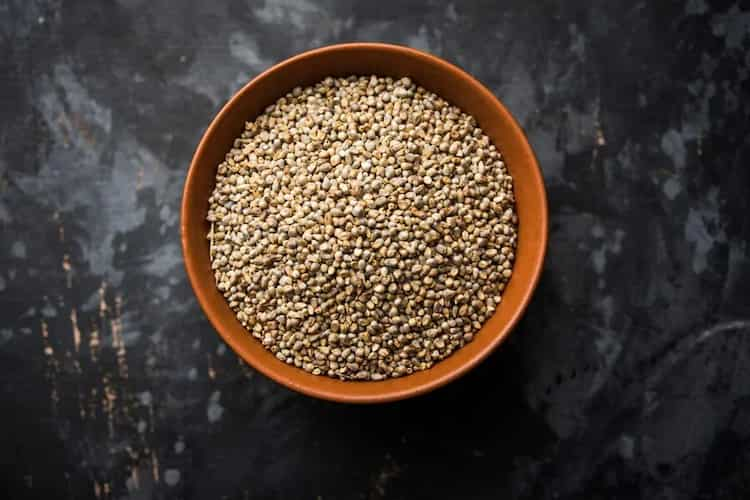Diabetes is a chronic medical condition that occurs when the body struggles to regulate blood sugar levels effectively. It is characterised by either insufficient insulin production or ineffective utilisation of insulin, a hormone responsible for regulating glucose uptake by cells. As per the ICMR study, India now has 101 million people living with diabetes, as compared to 70 million people in 2019.
Although the data is alarming, people have become a lot more health conscious and are working on making a change in their lifestyle by eating healthily and exercising. Diabetics are often recommended to alter their diet by incorporating more fibre and protein and reducing the consumption of carbs and sugar to lower their blood sugar levels.
When we are talking about changing eating patterns, the first thing that comes to mind is whether eating chapatti made of wheat is healthy for diabetics or not. Roti is considered a staple in every Indian household. However, roti made of wheat flour is not beneficial for diabetics as it has a high glycemic index of around 30. Furthermore, refined wheat flour lacks the fibre and nutrients found in whole grains, as the refining process removes the bran and germ, which contain valuable dietary fibre, vitamins, and minerals.
Thus, we will provide you with diabetes-friendly flour that has a low glycemic value and can manage your health condition. Here are the best types of rotis for diabetes:
- Ragi Atta
Roti made of ragi flour is good for people with diabetes as it has a low glycemic index and a rich nutritional profile. Ragi is a whole grain that contains complex carbohydrates and dietary fibre, leading to a slower and more gradual increase in blood sugar levels after consumption compared to refined flours.

- Amaranth
This gluten-free grain has attained importance in recent times owing to its anti-diabetic and antioxidant properties. Besides, they are rich in dietary fibre and complex carbohydrates. The fibre content in amaranth contributes to slower digestion and absorption of carbohydrates, resulting in a gradual rise in blood sugar levels and thus preventing abrupt spikes. Besides, it is a source of high-quality protein and essential amino acids. It also contains minerals like magnesium, which plays a role in glucose metabolism.
- Jau (Barley)
Jau is a whole grain that contains a unique fibre called beta-glucan, which has been associated with improved insulin sensitivity and reduced post-meal blood sugar spikes. This soluble fibre also aids in slowing down the digestion and absorption of carbohydrates, leading to more controlled blood sugar levels. Additionally, barley flour boasts a lower glycemic index compared to refined flour. Rich in vitamins, minerals, and antioxidants, including magnesium, which is linked to better insulin regulation, jau flour can be a valuable addition to a diabetic diet.
- Chana (Chickpea)
Derived from ground chickpeas, this flour is notably low in carbohydrates and has a moderate glycemic index, contributing to slower digestion and the gradual release of glucose into the bloodstream. Furthermore, chickpea flour is rich in dietary fibre and protein, which provide a feeling of fullness and help regulate appetite, potentially supporting weight management, an important aspect of diabetes care. Additionally, it contains vitamins and minerals, including magnesium, that can play a role in enhancing insulin sensitivity.
- Jowar
Jowar flour, derived from sorghum, has gained popularity in recent times due to its diabetes-friendly properties. Being a complex carbohydrate, jowar flour has a lower glycemic index compared to refined flour, leading to a slower and more gradual rise in blood sugar levels after consumption. Jowar flour is also rich in dietary fibre, which aids in digestion, promotes satiety, and supports stable blood sugar levels. Furthermore, it contains essential nutrients such as magnesium, which plays a role in insulin sensitivity. Jowar's gluten-free nature makes it suitable for those with gluten sensitivities, often seen in people with diabetes.

- Oats
Oats are rich in soluble fibre, particularly beta-glucans, which have been shown to help slow down the absorption of glucose and improve insulin sensitivity. Besides, the low glycemic index of oats contributes to stable energy release and reduced fluctuations in blood sugar. Apart from these, the presence of antioxidants, vitamins, and minerals further adds to its health benefits.


